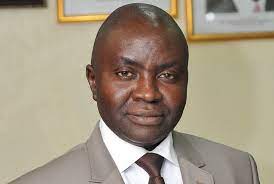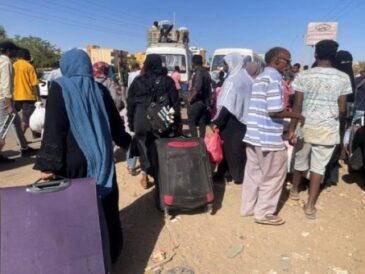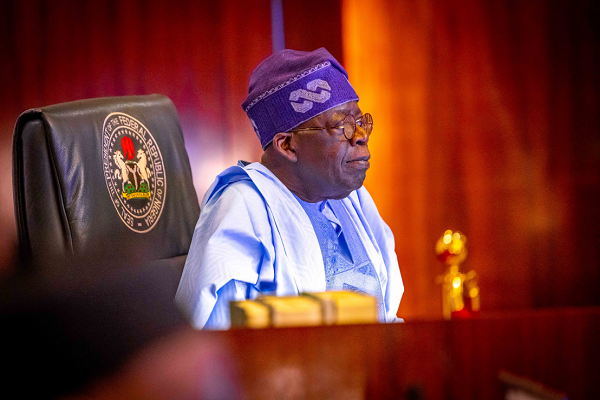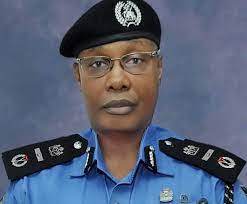Lagos, Aug. 8, 2023 – The Centre for Promotion of Private Enterprise (CPPE), a private think-tank in Lagos, has advised ECOWAS against military force to eject the junta and restore democracy in Niger Republic.
Dr Muda Yusuf, its Chief Executive, gave the advice in a statement in Lagos on Tuesday.
He said that although Nigeria, as the current chairman of ECOWAS, held enormous leadership responsibility in the sub-region, but it should tread softly.
He said any contemplation of military intervention should take into consideration the wider social, economic, welfare and security implications for the countries in the sub region and their citizens.
“There are far reaching macroeconomic, trade and security and geopolitical ramifications which should be carefully considered.
“This is a defining moment for ECOWAS which calls for rigorous thinking, robust consultation, sound diplomatic judgment, a deep sense of history and an exhaustive evaluation of the many ramifications,” he said.
The CPPE chief executive said the ECOWAS was formed to promote regional economic integration, but war would disintegrate the region and affect trade within the region adversely.
“This has grave consequences for the economies of the economies of member states and the welfare of the citizens.
“Already the recent border closure is beginning to adversely impact on traders on both sides of the divide,” he said.
Yusuf advised that Nigeria should learn from its military operations in Liberia and Sierra Leone about two decades ago.
“Nigeria was the arrow head of the then Economic Community of West African States Monitoring Group [ECOMOG], the intervention force at the time.
“We lost over 500 soldiers during the Liberia war with hundreds sustaining various degrees of injuries. The war became protracted, lasting for about 7 years, [1990 to 1998].
“At the peak of the war, there were 16,000 ECOMOG troops in Liberia, 80% of them were Nigerian troops. The cost to Nigeria of the Liberia war was an estimated $8 billion dollars.
“Shortly after the Liberia military operation, Nigeria led another military intervention in Sierra Leone to restore democracy in that country following the coup that toppled the then democratically elected President, Tejan Kabbah.
“The story of Nigeria’s military campaign in Sierra Leone was not different. Nigeria spent over $4 billion and lost about 700 soldiers. The war lasted about five years from 1998 to 2002.
Yusuf said the cost of military interventions could be very prohibitive.
“Similar military operation at this time may cost considerably higher, given the inflationary trend over the past 25 years.
“At the very minimum it would cost Nigeria a minimum of $2 billion annually to prosecute a military operation in Niger, taking into account the prevailing geopolitical dynamics in the Sahel.
The CPPE chief executive said it would be very difficult for Nigeria to accommodate such huge financial commitment now without putting a serious strain on our fiscal operations and foreign reserves.
“Nigeria’s current balance of payment position is weak and may not be able to support any major military engagement outside our shores.
‘Our external sector is fragile, posing a profound challenge of currency volatility.
“The worsening of the external sector would adversely impact investors’ confidence, weaken growth prospects and decelerate the pace of economic recovery.
“If Nigeria decides to go ahead with a military campaign in Niger, our defense spending may have to increase substantially possibly by 100% or more.
“Over 70% of the spending would have to be foreign exchange. Though the military option would be an ECOWAS decision, the burden of prosecuting the operation would have to be borne substantially by Nigeria.
“These are scenarios we need to worry about,” Yusuf said. (GBN)




